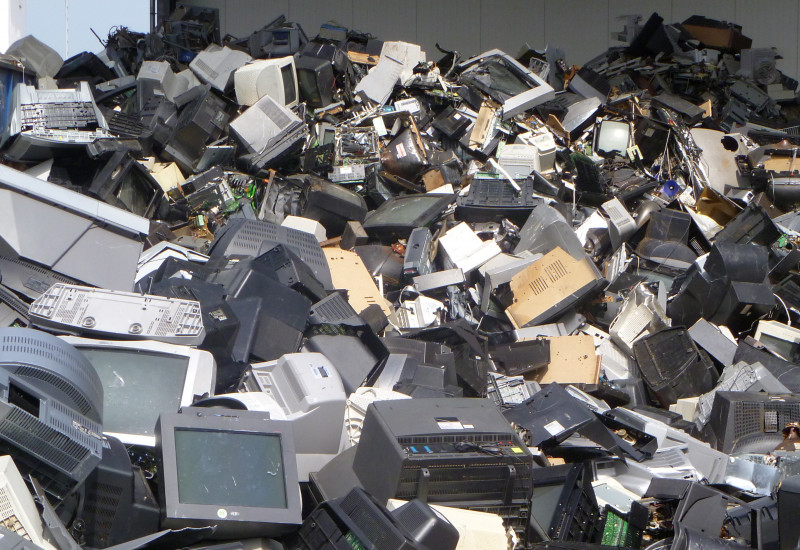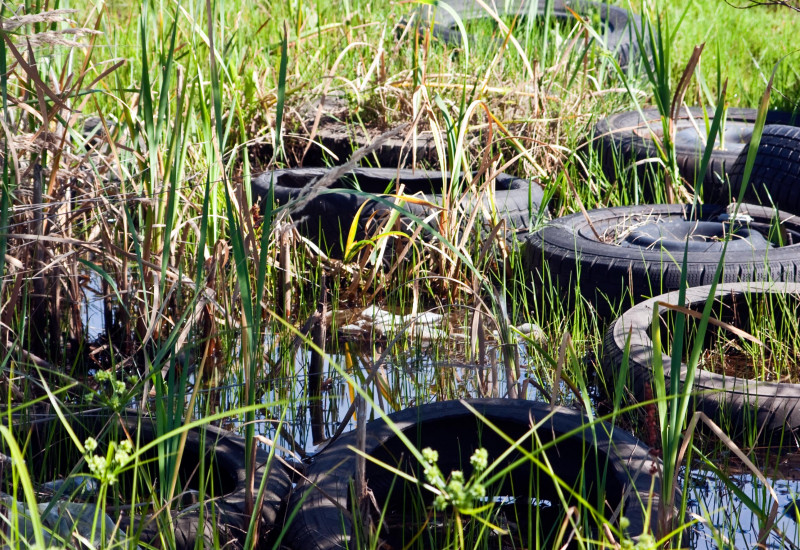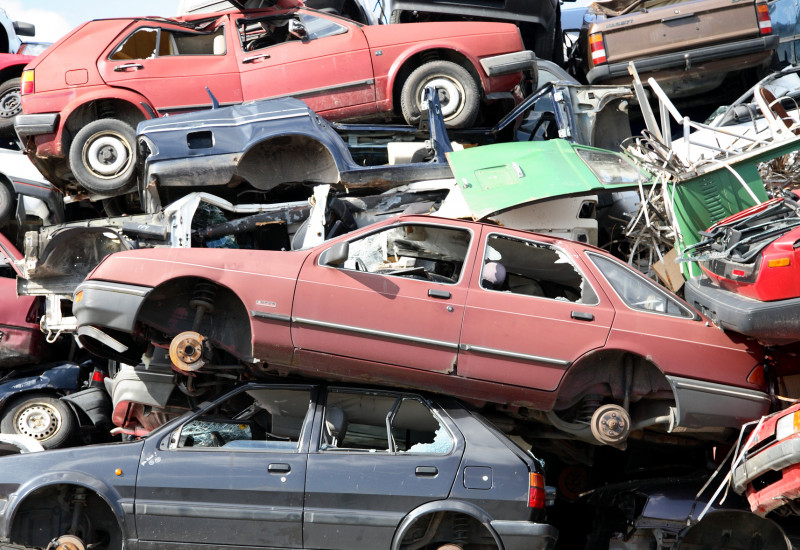Electrical and electronic waste contains recyclable metals and other materials; recycling them saves resources and protects the environment. But electrical and electronic waste often contains toxic substances, which if not properly disposed of, can cause pollution and health problems. It is for this reason that electrical and electronic waste is collected separately. read more
product stewardship
Waste | Resources
Product stewardship and waste management
Under waste management law, manufacturers are required to assume responsibility for any product that engenders waste, particularly when it comes to taking products back and recycling them. Such stewardship is meant to encourage manufacturers to prevent waste already during the product design and manufacturing phases, and to ensure that end-of-life products can be recycled. read more
Waste | Resources
Batteries
Batteries are ubiquitous nowadays and enable us to use many different kinds of mobile devices independently of the power grid. The environmental and resource relevance of batteries stems from the valuable and hazardous substances they may contain. Hence under no circumstances should batteries ever be disposed of with household waste. read more
Waste | Resources
Plastics
Certain types of products such as packaging, electrical devices and cars are made of plastic in whole or in part, and at some point become waste. In the interest of recovering these plastics, various regulations of producer responsibility have been enacted with the goal of ensuring that these materials are optimally recycled. read more
Waste | Resources
End-of-life-vehicles
Germany has more than 40 million registered cars, which are replete with recyclable steel, copper, light metals, precious metals, glass, tires and plastic. But these vehicles also contain environmental pollutants such as motor oil, brake fluid, CFCs and lead. Hence when a car is scrapped, it’s essential that it be drained, dismantled and recycled in an environmentally sound manner. read more






